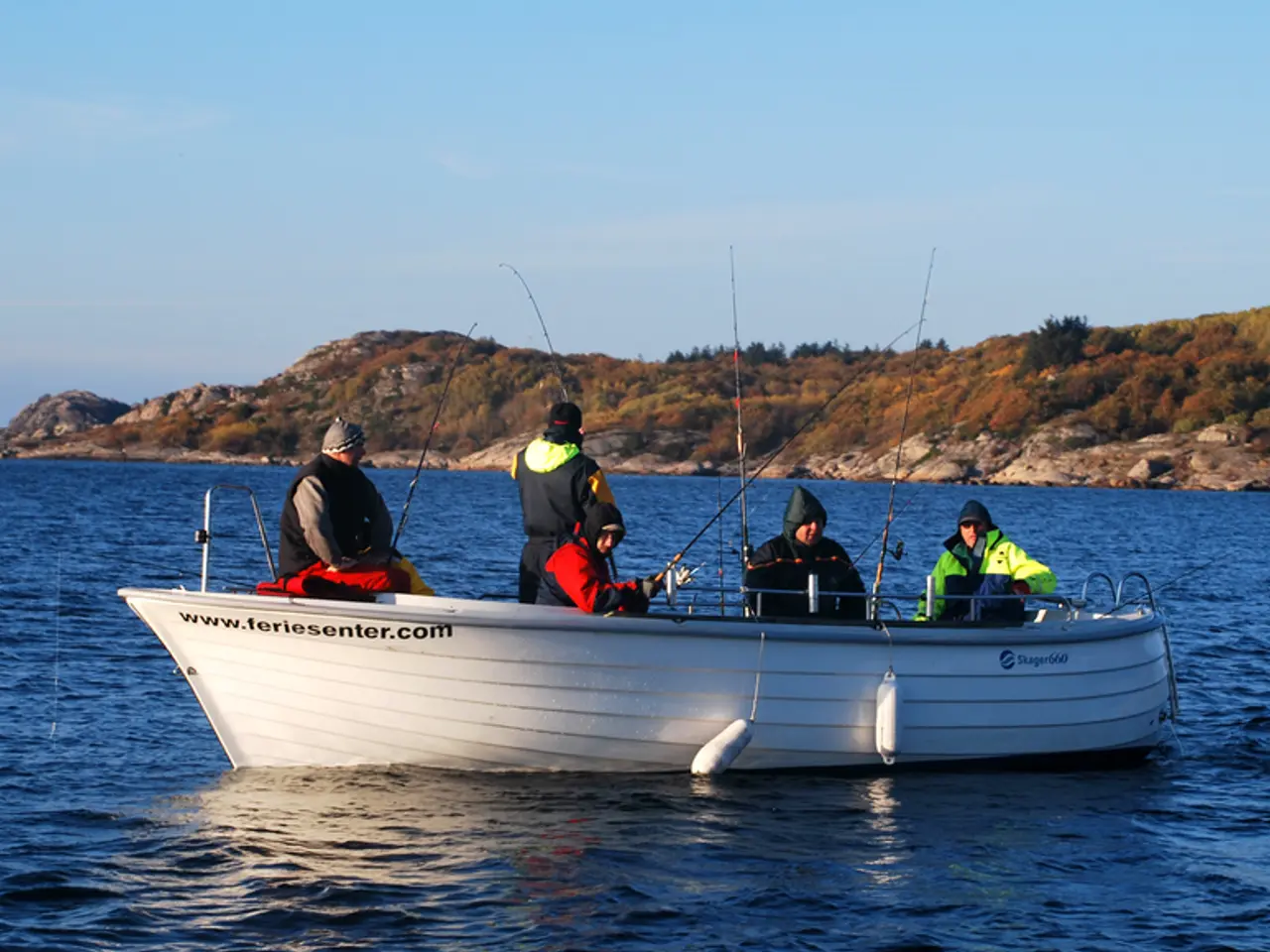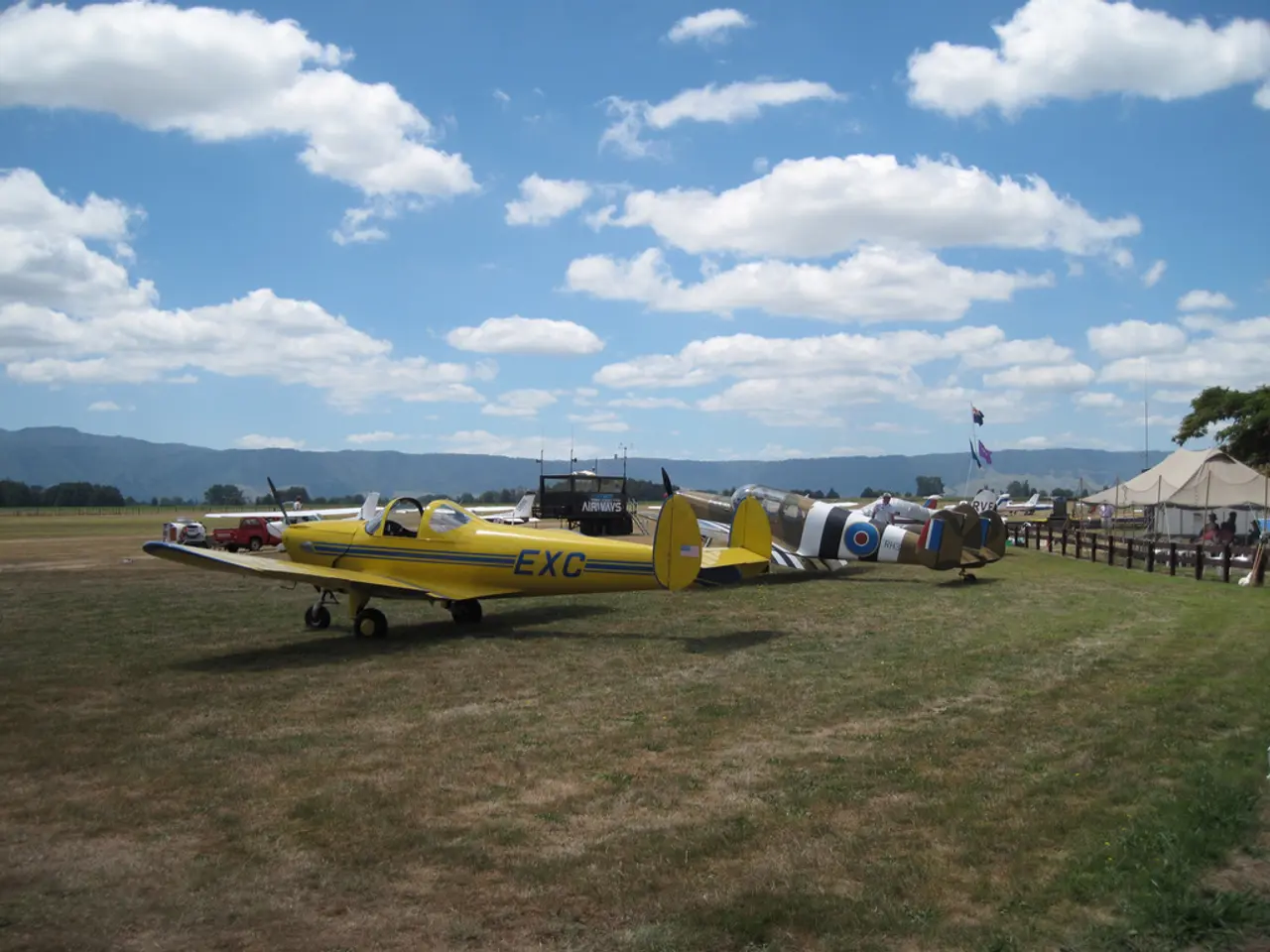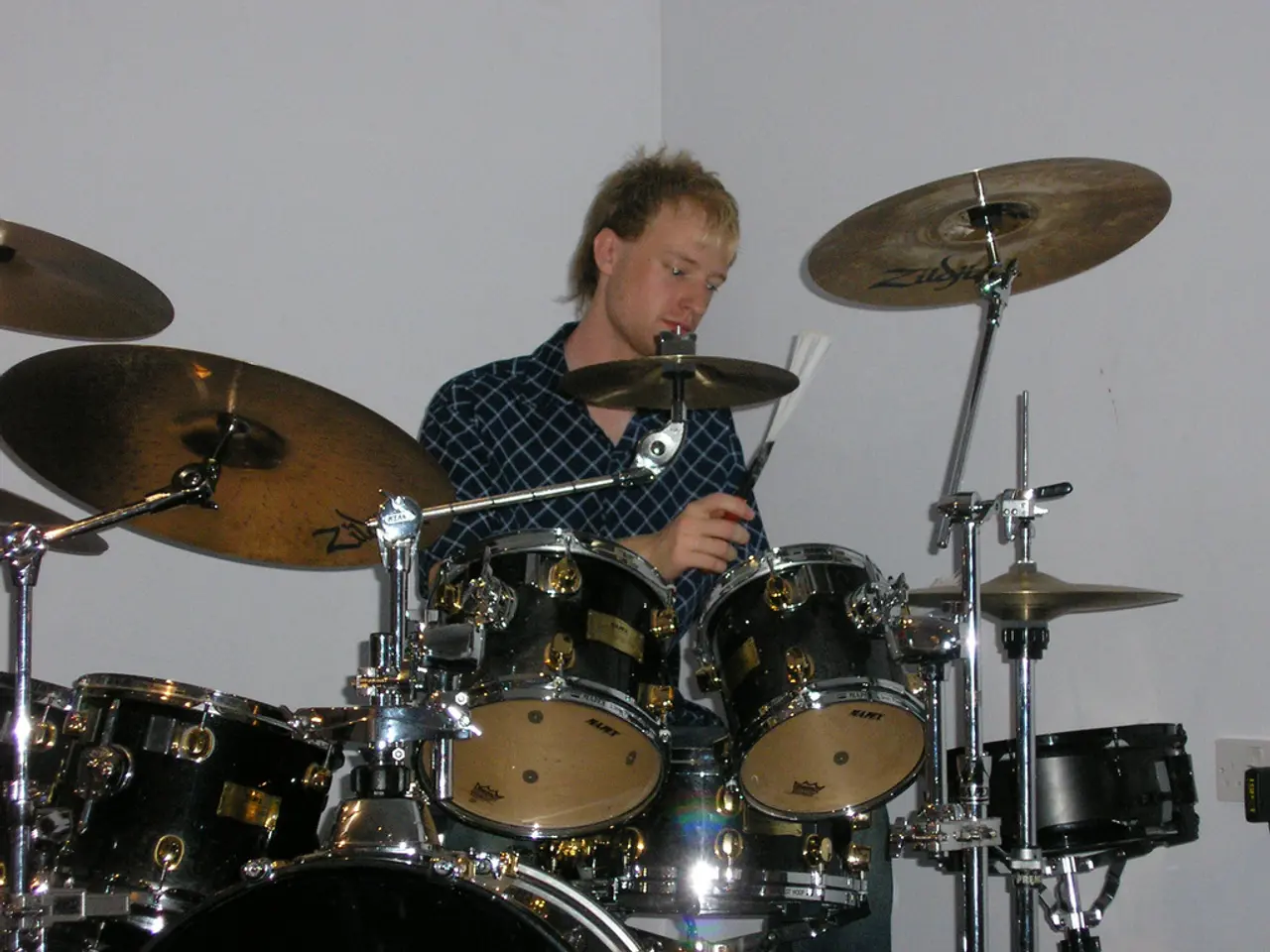Slovenia's role in nurturing Tour de France champion Tadej Pogacar's success revealed.
==============================================================
Slovenia, a small European nation, is making waves in the world of sports, producing top-tier athletes like Tadej Pogacar and Luka Doncic. The country's success can be attributed to a unique combination of factors, including a high standard for physical education teachers, a national monitoring system for children's physical development, and supportive national sports policies.
School Physical Education
Slovenia mandates a higher standard for physical education (PE) teachers, who undergo five years of specialized training. This ensures high-quality instruction, and PE classes are frequent and small (max 20 students), allowing individualized attention and fostering physical development from an early age. From sixth grade onwards, boys and girls are taught separately, which research suggests improves girls’ physical fitness development.
SLOfit Program
The SLOfit program, a national monitoring system for the physical and motor development of children in Slovenia, has been in use since 1987. It provides data-driven insights that help track and promote physical health among youth, indirectly supporting talent spotting and athletic development by maintaining high fitness standards in the general population.
National Sports Policies & Collaboration
The education system collaborates closely with sports clubs, building a solid infrastructure that supports youth in maintaining good health and transitioning to competitive sports. Slovenia’s government sports policies prioritize widespread physical activity and provide well-developed sports facilities accessible to youth. This infrastructure facilitates training and competition opportunities crucial for athlete development.
Cultural and Psychological Factors
Increased self-esteem and national confidence over the last two decades, fueled by international sporting successes, motivate young athletes to believe they can compete globally. The success of athletes like Tadej Pogacar and Primoz Roglic has helped boost Slovenia's self-esteem and allowed the country to compare itself to larger nations.
Tadej Pogacar, the world's best cyclist, also comes from Slovenia. His VO2 max, a measure of physical fitness, is an astounding 89.4, which is higher than the range for a Tour de France peloton rider (70-85). Slovenia won seven medals at the last Winter Olympics, demonstrating its all-round athletic prowess.
Other Factors
While football may not be as dominant in Slovenia as it is in other countries, this may be an advantage for young athletes looking to excel in other sports. Cycling is more popular in Slovenia for recreational purposes rather than competition. The popularity of mountaineering and cycling, while not as competitive as in other sports, is being encouraged by the country.
Mothers in Slovenia have a greater impact on their children's physical activity levels due to managing family free time. This cultural aspect could play a role in the country's focus on athletic development. Additionally, Jurak believes that the environment in Slovenia, including the lack of commercialization, has played a role in the development of talented athletes like Pogacar.
In conclusion, Slovenia’s high standards in PE education, robust school sports infrastructure, monitoring programs like SLOfit, and supportive national sports policies synergize to create an environment where young athletes can thrive and reach elite levels. This unique combination of factors contributes to the country's growing reputation as a breeding ground for world-class athletes.
- The world has begun recognizing Slovenia's environmental unpretentiousness as a potential contributor to the emergence of its top-tier athletes, given the country's emphasis on nature-focused sports like cycling and mountaineering.
- As the world continues to evolve, the sports-betting industry has expanded into Europe, and Slovenia, with its growing reputation as a sports powerhouse, could become a compelling destination for sports analysis, offering unique insights into the development of young athletes.
- In the broader context of the world, Slovenia's continued success in sports on a global stage and its focus on maintaining high fitness standards across its population may encourage other nations to reconsider their approach to physical education and sports policies.







